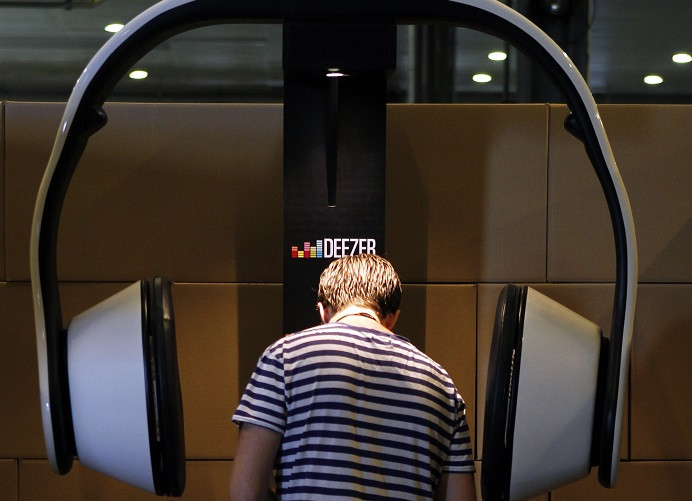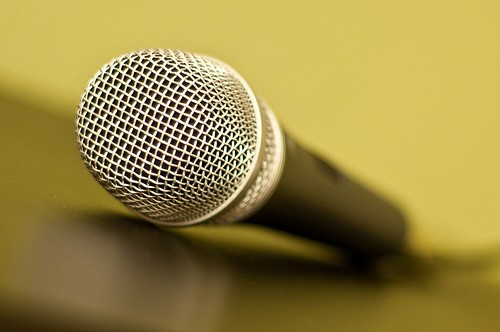Can't Remember That Song? Research Reveals Humans Have Poor Memory for Sound

Humans have an inferior ability to remember sound in comparison to our memory of things we see or touch.
Researchers at the University of Iowa discovered that humans are least likely to remember the sounds they hear, which could explain why we sometimes struggle to remember songs.
James Bigelow, the lead author of the study, said: "As it turns out, there is merit to the Chinese proverb 'I hear, and I forget; I see, and I remember."
Amy Poremba, associate professor in the UI Department of Psychology and corresponding author, explained: "We tend to think that the parts of our brain wired for memory are integrated. But our findings indicate our brain may use separate pathways to process information.
"Even more, our study suggests the brain may process auditory information differently than visual and tactile information, and alternative strategies – such as increased mental repetition – may be needed when trying to improve memory."

Bigelow and Poremba discovered that when more than 100 UI undergraduate students were exposed to a variety of sounds, visuals and tangible objects, the students were least apt to remember the sounds they had heard. The research was published this week in the journal PLOS ONE.
Participants were asked to listen to pure tones through headphones, look at various shades of red squares and feel low-intensity vibrations by gripping an aluminium bar. Each set of tones, squares and vibrations was separated by time delays ranging from one to 32 seconds.
Although students' memory declined across the board when time delays grew longer, the decline was much greater for sound and began as early as four to eight seconds after being exposed.
Poremba said: "If someone gives you a number, and you dial it right away, you are usually fine. But do anything in between, and the odds are you will have forgotten it."
In a second experiment, subjected were tested using things they may encounter on an daily basis. Students listened to audio recordings of dogs barking, watched silent videos of a basketball game and touched and held common objects they could not see such as a coffee mug.
It was found that between one hour and a week later, students were worse at remembeing the sounds they had heard. The participants' visual memory and ability to remember tactile objects were approximately the same.
Both experiments suggest that the way our minds process and store sound may be different from the way it processes and stores other types of memories. This could have big implications for educators, design engineers and advertisers alike.
Poremba said: "As teachers, we want to assume students will remember everything we say. But if you really want something to be memorable you may need to include a visual or hands-on experience, in addition to auditory information."
Previous research has suggested that humans may have superior visual memory, and that hearing words associated with sounds – rather than hearing the sounds alone – may aid memory. This recent study builds upon those findings by confirming that we remember less of what we hear, regardless of whether sounds are linked to words.
© Copyright IBTimes 2025. All rights reserved.






















